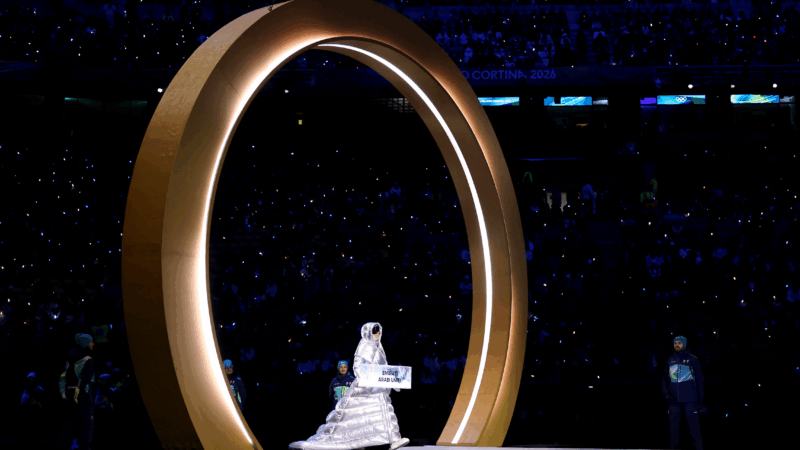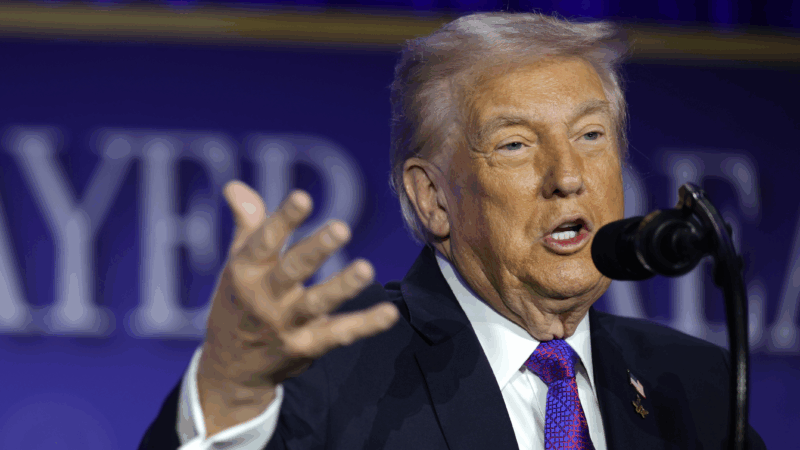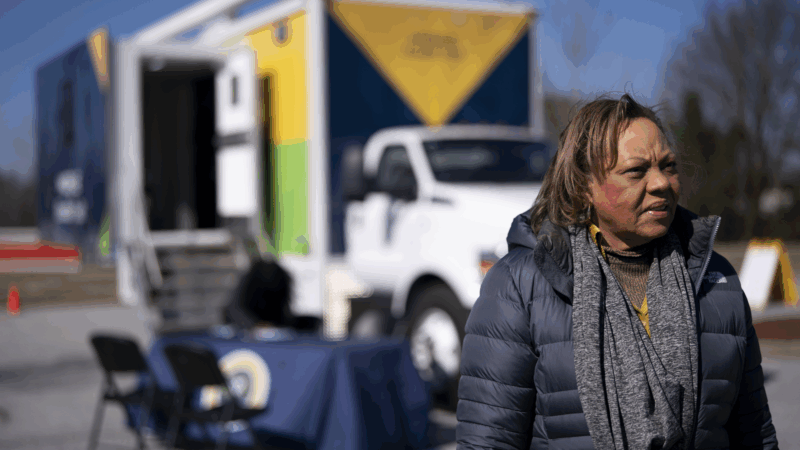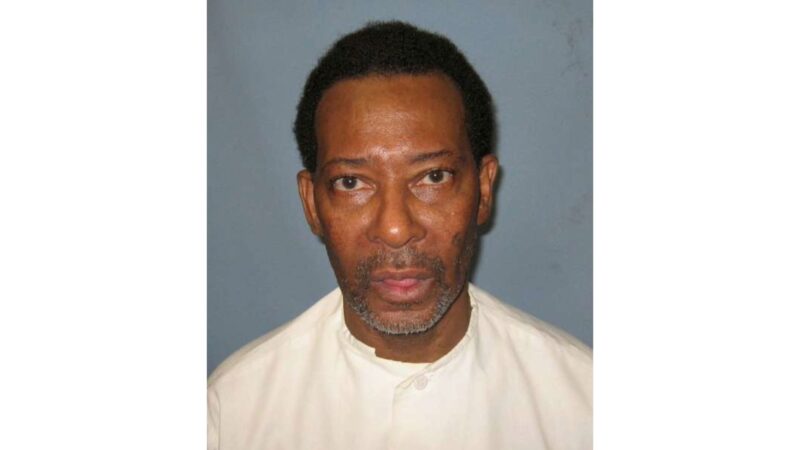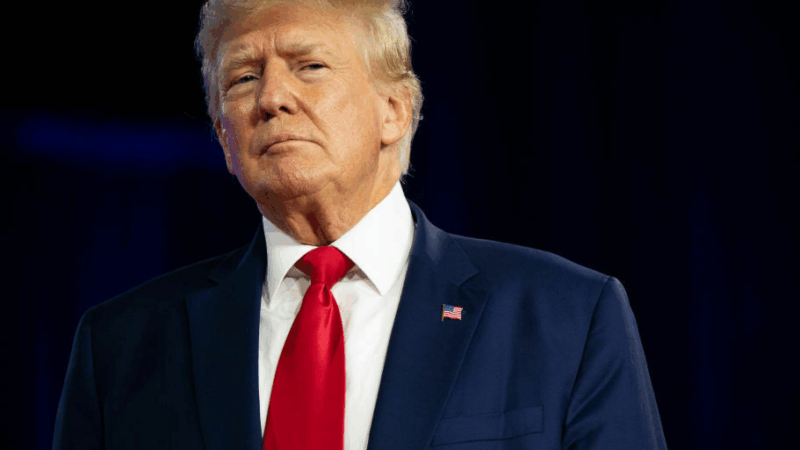Officials Won’t Name Hoover Officer Involved in Shooting. Why Not?
Officials still have not released the name of the police officer who shot and killed a 21-year-old black man Thanksgiving night at the Riverchase Galleria mall in Hoover. A report from the Alabama attorney general’s office Tuesday cleared the officer of any criminal wrongdoing when he shot Emantic “EJ” Bradford Jr. He thought Bradford was the gunman in an active shooter situation.
Hoover Mayor Frank Brocato said at a press conference Tuesday withholding the officer’s identity is about fairness.
“Just as any other private citizen that is investigated and found not to have committed a crime their name is not released,” Brocato says. “That’s the same procedure that we will follow with this officer.”
That’s in line with the position of Attorney General Steve Marshall, who says there’s no value in the public knowing who shot Bradford.
But we do know Officer Darren Wilson shot and killed Michael Brown in Ferguson, Missouri. And Timothy Loehmann was identified as the officer who shot and killed Tamir Rice. Neither of them were criminally charged. Why the difference?
Stephen Rushin, who teaches police accountability at Loyola University Chicago School of Law, says policies vary widely among departments, but it’s not uncommon for police to withhold an officer’s name in situations like this. Rushin says police unions typically push for non-disclosure to protect officers.
Rushin says an officer’s reputation is a concern but there is value in releasing a name because it’s not just about criminal charges.
“Is this the kind of behavior we want officers to be engaged in? Did it violate internal policy? And did the officer receive some sort of punishment in response to the behavior that they engaged in?” Rushin says.
He says without some kind of citizen oversight, you’re basically trusting the police to police themselves.
Kami Chavis, a former assistant US attorney now at Wake Forest University law school, is shocked law enforcement hasn’t released the officer’s name. She says private individuals are not the same as police officers.
“They are empowered to use force and authorized to use force during the normal course of their duties and many times that is appropriate,” Chavis says.
But she says not releasing a name can make police departments look like they’re hiding something which undermines public trust. Chavis adds officer names often come out anyway, for instance, through a civil lawsuit. An attorney for the Bradford family says they plan to file a civil lawsuit.
Mariah Carey, coffee makers and other highlights from the Olympic opening ceremony
NPR reporters at the Milan opening ceremony layered up and took notes.
Trump’s harsh immigration tactics are taking a political hit
President Trump's popularity on one of his political strengths is in jeopardy.
A drop in CDC health alerts leaves doctors ‘flying blind’
Doctors and public health officials are concerned about the drop in health alerts from the Centers for Disease Control and Prevention since President Trump returned for a second term.
Photos: Highlights from the Winter Olympics opening ceremony
Athletes from around the world attended the 2026 Winter Olympics opening ceremony in Milan.
Alabama sets execution for man in auto parts store customer’s death
Gov. Kay Ivey on Thursday set a March 12 execution using nitrogen gas for Charles “Sonny” Burton. Burton was convicted as an accomplice in the shooting death of Doug Battle, a customer who was killed during an 1991 robbery of an auto parts store in Talladega.
Trump posts racist meme of the Obamas — then deletes it
Trump's racist post came at the end of a minute-long video promoting conspiracy theories about the 2020 election.

